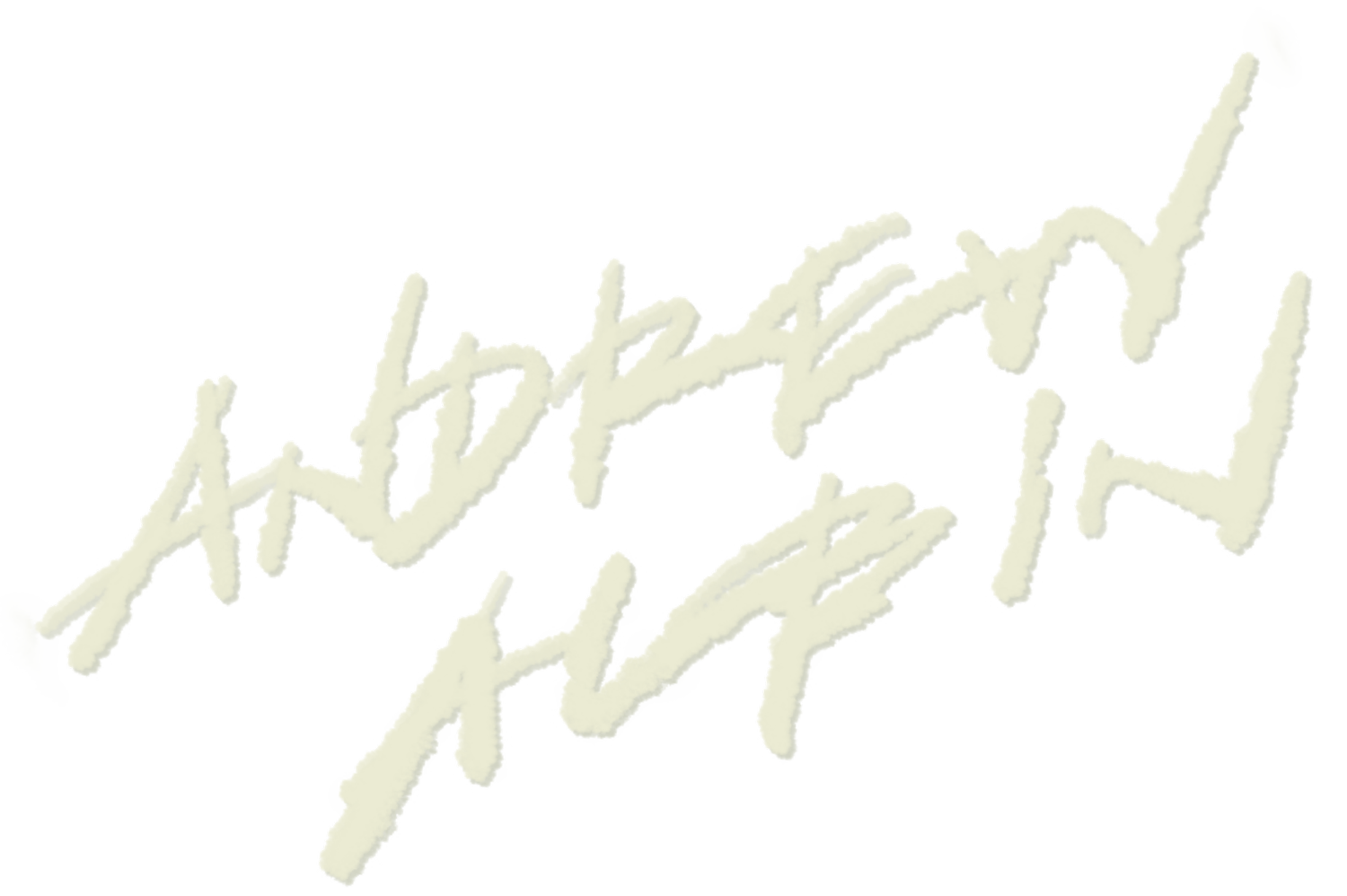AI LECTURE: CREATIVITY
Hello, friends. Today, I want to talk about creativity. Creativity is a crucial part of our lives, whether we are writers, artists, entrepreneurs, or simply trying to find new ways to approach everyday challenges. But developing our creativity can be challenging, especially when we feel stuck or uninspired. So, today I want to share with you some of the lessons I’ve learned on my own creative journey, and some tips for how you can develop your own creativity.
First and foremost, let me tell you something important: creativity is not a talent that only some people are born with. Creativity is a muscle that we can all exercise and develop. It’s about having the courage to try new things, to make mistakes, and to keep going even when things get tough. So, the first step to developing your creativity is to give yourself permission to be creative. Don’t wait for someone else to validate your ideas or give you permission to try something new. Give yourself permission to experiment, to play, and to make mistakes.
Secondly, remember that creativity is not just about coming up with new ideas. It’s also about being able to connect different ideas and perspectives in new and interesting ways. So, one of the best ways to develop your creativity is to expose yourself to different ideas, perspectives, and experiences. Read books, watch movies, listen to music, go to museums, travel, talk to people from different backgrounds. The more you expose yourself to new experiences and ideas, the more you’ll be able to draw on those experiences and ideas in your own creative work.
Thirdly, remember that creativity is not just about inspiration. It’s also about discipline and hard work. As a writer, I know that some days the words just flow, and other days it’s like pulling teeth. But the most important thing is to keep showing up, even when it’s hard. Make a schedule and stick to it. Set deadlines for yourself. Don’t wait for inspiration to strike, because it won’t always. Sometimes, you just have to start, even if you don’t feel ready or inspired.
Fourthly, don’t be afraid to take risks and try new things. Creativity often involves stepping outside of your comfort zone and taking risks. Don’t be afraid to fail, because failure is often where the best lessons and ideas come from. Don’t be afraid to try something new, even if it feels scary or uncomfortable. The most successful people are the ones who are willing to take risks and try new things.
Fifthly, remember that creativity is not just about the end product. It’s also about the process. Enjoy the process of creating, even when it’s hard. Embrace the messiness and the imperfections. Celebrate small wins along the way. And most importantly, have fun. Creativity should be a joyful and fulfilling experience, even when it’s challenging.
Finally, remember that creativity is not just for artists and writers. Creativity is a crucial part of all areas of our lives, from our personal relationships to our professional work. So, don’t limit yourself to thinking of creativity as something that only “creative” people do. Everyone can be creative in their own way. Maybe you’re a scientist who comes up with innovative research ideas. Maybe you’re a teacher who finds new ways to engage your students. Maybe you’re an entrepreneur who develops new products or services. Whatever your profession, you can bring creativity to it.
In conclusion, developing your creativity is not always easy, but it’s one of the most rewarding and fulfilling things you can do. Remember to give yourself permission to be creative, to expose yourself to new experiences and ideas, to be disciplined and hardworking, to take risks and try new things, to enjoy the process, and to remember that creativity

